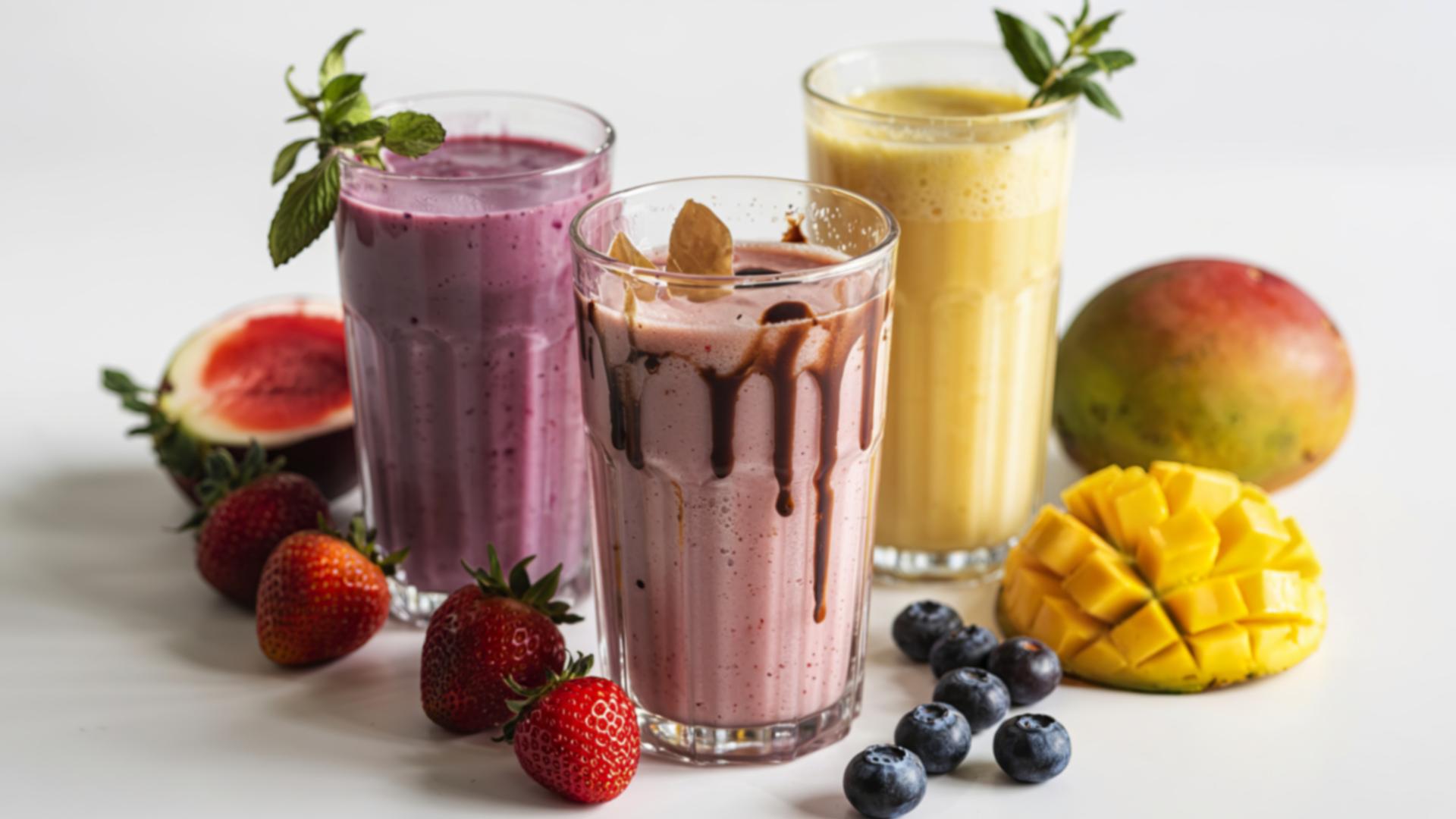In our daily lives, our bodies are constantly exposed to environmental stressors like pollution, UV radiation, and even normal metabolic processes. These factors generate unstable molecules called free radicals. These free radicals can damage our cells and contribute to aging and chronic diseases like cancer, heart disease, diabetes, and Alzheimer's disease. Antioxidants are your body's best defense, acting as a shield to neutralize these harmful free radicals.
What Are Free Radicals and Why Are They Harmful?
Free radicals are highly reactive, unstable oxygen molecules that have at least one unpaired electron. This instability makes them want to "steal" an electron from other molecules in your body to become stable. This process, called oxidation, damages the healthy molecules, turning them into free radicals themselves and causing a chain reaction of cellular damage.
When free radicals build up in the body, it leads to a state called oxidative stress. Oxidative stress can damage important cellular components like DNA, proteins, and cell membranes, which disrupts normal cell function and can even lead to cell death.
| Source of Free Radicals | Examples and Explanation |
|---|---|
| Normal Metabolism | Free radicals are a natural byproduct of your body's metabolic processes, such as using oxygen to make energy or breaking down food for fuel. |
| Environmental Factors | External sources like air pollutants, pesticides, industrial chemicals, cigarette smoke, and X-rays can all trigger the production of free radicals in the body. |
| Dietary Choices | Diets high in fried foods, alcohol, and excessive sugar intake can contribute to oxidative stress. |
How Antioxidants Protect Your Body
Luckily, your body has a built-in defense system against free radicals: antioxidants. Antioxidants are often nicknamed "free radical scavengers" because they can donate an electron to a free radical, stabilizing it and preventing it from causing further damage to your cells.
While your body makes some of its own antioxidants, it relies heavily on those you get from your diet. This is why a diet rich in fruits, vegetables, and other plant-based foods is so important.
A diet rich in antioxidants has been linked to numerous health benefits:
- Reduced Risk of Chronic Disease: By neutralizing free radicals, antioxidants can lower your risk of developing chronic diseases like heart disease, certain cancers, and diabetes. Research suggests that antioxidants from whole foods are particularly effective in this regard.
- Improved Eye Health: Specific antioxidants like lutein and zeaxanthin are crucial for protecting your eyes from damage and may help reduce the risk of age-related macular degeneration (AMD).
- Anti-Aging Effects: Oxidative damage is considered a key factor in cellular aging. By protecting against this damage, antioxidants can support long-term health and may reduce the visible signs of aging.
- Boosted Brain Function: Antioxidants have been shown to help treat and may slow the development of neurodegenerative diseases like Alzheimer's and Parkinson's. They can also help improve blood flow to the brain, which enhances cognitive function.
The Food vs. Supplement Debate
It's tempting to think that you can get all the antioxidants you need from a pill, but research suggests otherwise. Health experts recommend getting antioxidants from whole foods rather than from supplements.
- Why Foods Are Better: Foods contain a complex mix of antioxidants and other beneficial compounds that work together synergistically.
- The Risks of Supplements: High doses of some antioxidant supplements can be harmful, and in some cases, they may even act as pro-oxidants, causing damage instead of preventing it. For example, studies have shown that high-dose beta-carotene supplements can increase the risk of lung cancer in smokers.
Top Antioxidant-Rich Foods to Add to Your Diet
The best way to get a wide variety of antioxidants is to "eat the rainbow," incorporating a diverse range of colorful fruits, vegetables, and whole foods into your meals.
| Food Type | Key Antioxidants & Benefits | Examples |
|---|---|---|
| Berries | Anthocyanins give berries their vibrant color and have powerful anti-inflammatory effects. Vitamin C is essential for immune function. | Blueberries, strawberries, raspberries, cranberries. |
| Leafy Greens | Lutein and Zeaxanthin are carotenoids that are crucial for eye health. Vitamin K also has antioxidant functions. | Spinach, kale, arugula, Swiss chard. |
| Nuts & Seeds | Vitamin E is a fat-soluble antioxidant that protects cell membranes. Selenium and magnesium are important minerals that support antioxidant enzymes. | Almonds, walnuts, pecans, flaxseeds, chia seeds. |
| Whole Grains | Contain phenolic acids and flavonoids which are powerful antioxidants. They are also a good source of fiber, which aids in overall health. | Oats, brown rice, whole-wheat bread, barley. |
| Tea & Coffee | Rich in flavonoids and catechins. Green tea is particularly noted for its high content of beneficial compounds. | Green tea, black tea, coffee. |
| Spices & Herbs | Many spices and herbs have some of the highest antioxidant levels of any food. A study found cloves, peppermint, and allspice to be particularly high in antioxidants. | Cinnamon, oregano, thyme, rosemary, ginger, turmeric. |
| Dark Chocolate | The cocoa bean is rich in polyphenols and flavonoids. Choose dark chocolate with a cocoa content of 70% or more to get the most benefits and less sugar. | Dark chocolate (70%+ cocoa). |
By incorporating these foods into your meals, you can help fortify your body's natural defenses and pave the way for long-term health and well-being.
